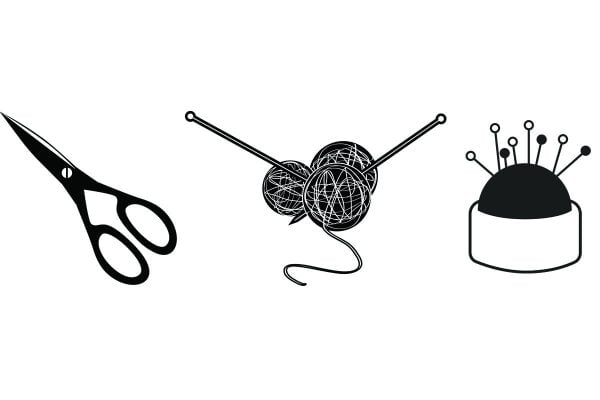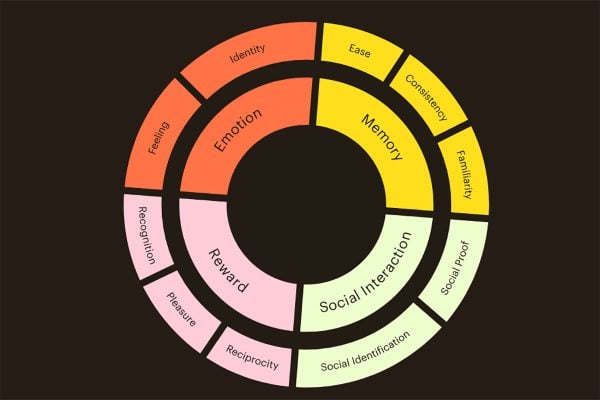Engineers at Carnegie Mellon University have come up with software that is supposed to reveal fraudulent behaviour on eBay:
Sites like eBay rely on users to warn others if they have a bad experience with a seller by rating their transactions. But the CMU researchers said savvy fraudsters get around that by conducting transactions with friends or even themselves, using alternate user names to give themselves high satisfaction ratings – so unsuspecting customers will still try to buy from them. The CMU software looks for patterns of users who have repeated transactions with one another, and alerts other users that there is a higher probability of having a fraudulent transaction with them.
Now I’m all for making fraud easier to detect and harder to perpetrate on eBay, but it seems to me that the manufacturers of this software don’t have a very good idea of how eBay works.
For example, I have customers who buy beads off me at least once a week, every week. I hope I don’t have to say here I’m not buying my own stock, but for the record: I’m not, these are genuine customers. They’re also buying regularly off a handful of my closest competitors. But there’s more: my competitors and I also buy off each other. Most of us make beady things ourselves, so we buy to make. And inevitably there’s the odd stock control problem, when we have to buy off a competitor to fulfill our own orders.
This can’t be particularly unusual. Many collectors and dealers in specialist items would show up similar trading patterns, whether it be in china or classic cars. I have no idea whether such activity would be flagged by CMU’s software: perhaps it’s subtle enough to take the category being examined into account.
Johannes Ullrich, an Internet fraud expert with the SANS Institute in Bethesda, MD., said the CMU researchers must find a way to screen out false positives…. being wrongly flagged as high-risk for fraud.
I can’t help feeling it says something rather sad about their perception of eBay that they would take repeat transactions as a sign of fraud, rather than a sign of excellence.




